Danger of Dog/Cat waste
phoenix_grower
14 years ago
Related Stories
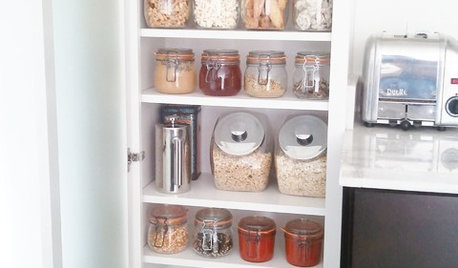
HEALTHY HOME6 Tips From a Nearly Zero-Waste Home
Lower your trash output and increase your quality of life with these ideas from a mom who did it to the max
Full Story
MOST POPULAREasy Green: 23 Ways to Reduce Waste at Home
Pick from this plethora of earth-friendly ideas to send less to the landfill and keep more money in your pocket
Full Story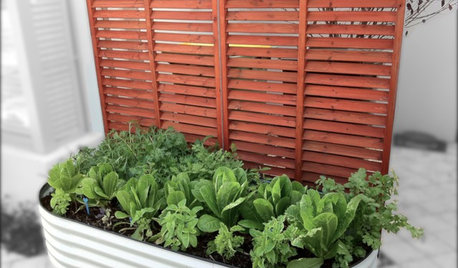
FEEL-GOOD HOME21 Ways to Waste Less at Home
Whether it's herbs rotting in the fridge or clothes that never get worn, most of us waste too much. Here are ways to make a change
Full Story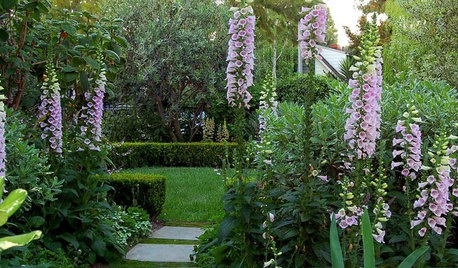
PETSGarden Alert: 22 Plants to Keep Away From Pets
Avoid potential danger by keeping dogs and cats away from these landscaping and houseplant favorites
Full Story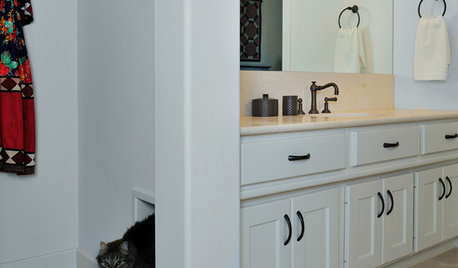
PETSSo You Want to Get a Cat
If you're a cat lover, the joys outweigh any other issue. If you haven't lived with one yet, here are a few things to know
Full Story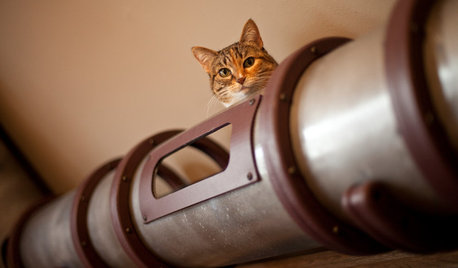
FUN HOUZZGeek Lab: How to Build a Steampunk Cat Transit System
Give your kitty another avenue for fun with a tubular walkway system that lets him go his own way
Full Story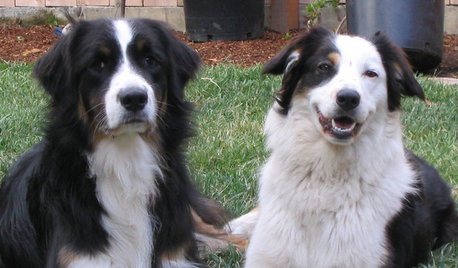
PETSDealing With Pet Messes: An Animal Lover's Story
Cat and dog hair, tracked-in mud, scratched floors ... see how one pet guardian learned to cope and to focus on the love
Full Story
PETSHouzz Call: Send in the Design Cats
Post your best photo of your cat at home, in the garden or with you in your studio. It could be published in a featured ideabook
Full Story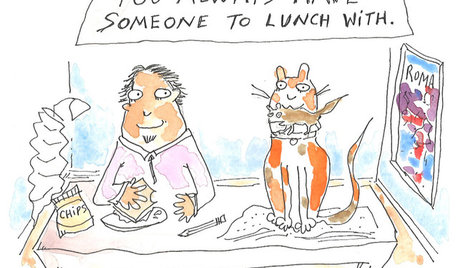
FUN HOUZZ6 Reasons Every House Needs a Cat
Everyone should have a feline fixture as part of their home decor. Here's why
Full Story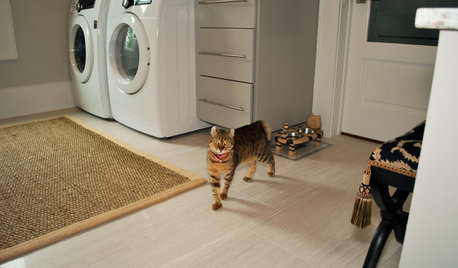
THE HARDWORKING HOMEA Laundry Makes Room for a Diva Cat
A South Carolina laundry room was designed to be sophisticated and functional, but when a kitten arrived, whimsy emerged
Full StoryMore Discussions







digdirt2
phoenix_growerOriginal Author
Related Professionals
Surprise Landscape Architects & Landscape Designers · Washington Landscape Architects & Landscape Designers · Edmond Landscape Contractors · Peabody Landscape Contractors · Davidson Landscape Contractors · Fair Oaks Landscape Contractors · Mastic Beach Landscape Contractors · South Farmingdale Landscape Contractors · Wheat Ridge Landscape Contractors · Woodland Landscape Contractors · Palos Hills Landscape Contractors · Shafter Landscape Contractors · Charlotte Driveway Installation & Maintenance · La Vista Driveway Installation & Maintenance · San Jose Driveway Installation & Maintenanceanney
digdirt2
phoenix_growerOriginal Author
curt_grow
neohippie
curt_grow
Belgianpup
tiggiesplants
scubsport_aol_com